Portugal offers various visa programs to attract foreign talent and investment. Among these, the D2 and D8 visas are popular for entrepreneurs and digital nomads, respectively. Choosing the right visa depends on your goals and professional situation.
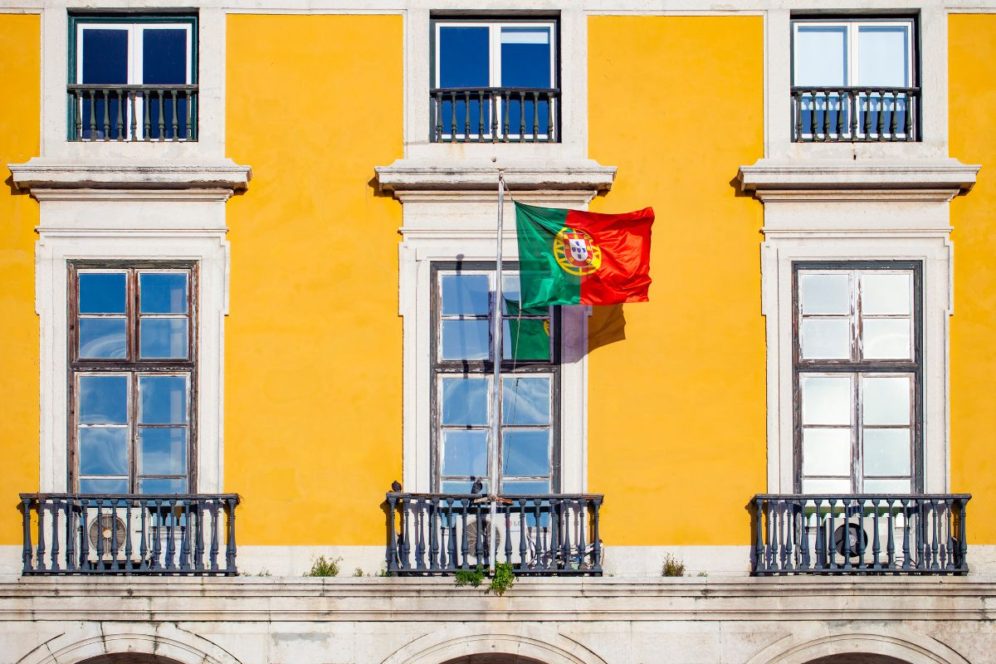
Zlata Erlach, Head of the Austrian office at Immigrant Invest, explores the key differences between Portugal Digital Nomad Visa and D2 Visa, helping you decide which is the better fit for your needs.
Portugal D2 Visa for Entrepreneurs
The Portugal D2 visa is designed for entrepreneurs and self-employed individuals looking to set up or invest in a business in Portugal. This visa supports those aiming to create jobs and contribute to the local economy. It is suitable for people planning to open a startup, buy an existing business, or engage in freelance work.
To qualify for a Portugal D2 visa for entrepreneurs, you must provide a solid business plan that demonstrates how their enterprise will positively impact the Portuguese economy. Additionally, they need proof of:
- sufficient financial means of €9,840 to support themselves during their stay,
- a clear investment plan;
- ability to establish or expand a business in Portugal;
- Accommodation in Portugal;
- health insurance.
To obtain a Portugal D2 Visa you should submit a business plan and supporting financial documents through the Portuguese consulate in their country of residence.
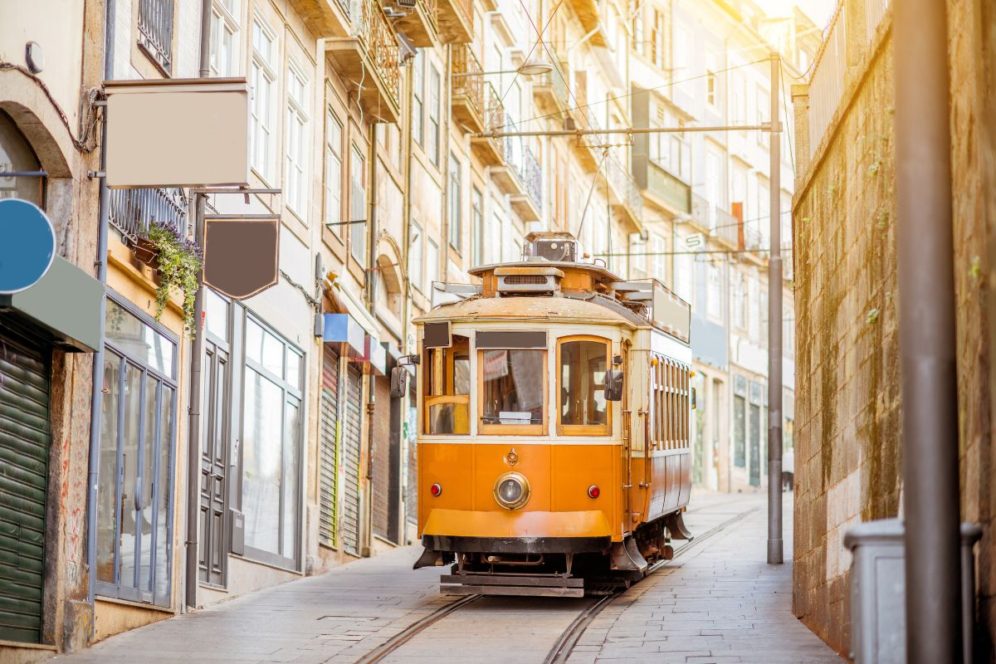
Once approved, Portugal D2 visa by opening a company grants an initial two-year residency, which can be renewed for another three years. After five years of residency, D2 visa holders may apply for permanent residency or even Portuguese citizenship.
Portugal D8 Visa for Digital Nomads
The Portugal D8 visa caters to digital nomads who work remotely and want to live in Portugal. This visa allows non-EU nationals to reside in Portugal while working for foreign employers or running their businesses remotely. The D8 visa is ideal for freelancers, remote employees, and online entrepreneurs.
To apply for the Portugal D8 visa for remote workers, you must demonstrate proof of remote work for clients or employers outside of Portugal. Applicants need to provide contracts, bank statements, and proof of income of €3,280 per month.
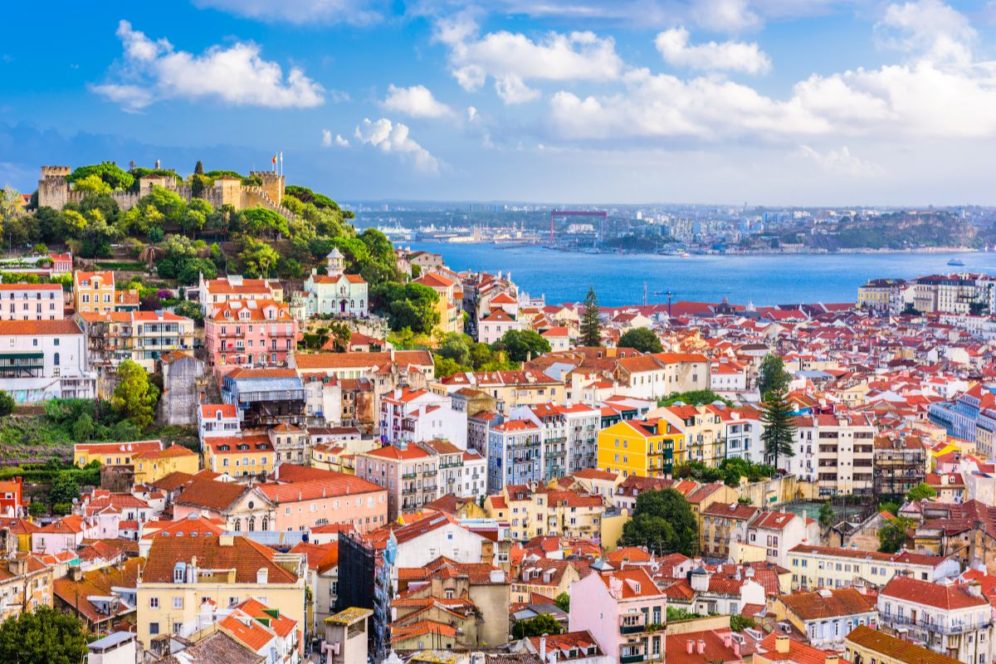
Like the D2, proof of accommodation and health insurance is necessary.
Digital nomad visa is initially granted for two years but can be renewed for up to three years. After five years, D8 visa holders can apply for permanent residency or citizenship, provided they meet the minimum residency requirements.
7 Benefits of Living in Portugal
1. Mild climate. Portugal enjoys a temperate climate with warm summers and mild winters, making it comfortable year-round.
2. Affordable living. Compared to other Western European countries, Portugal offers a lower cost of living, including affordable housing, utilities, and groceries.
3. High-quality healthcare. Portugal provides a robust public and private healthcare system that offers high-quality medical services at relatively low costs.
4. Access to Schengen Area. Living in Portugal grants visa-free travel across the 29 countries of the Schengen Area, enabling convenient movement across Europe.
5. Safe environment. Portugal is one of the safest countries in the world, with low crime rates and a welcoming atmosphere for expatriates.
6. Cultural values. Portugal is known for its rich history, cultural events, festivals, and world-class cuisine, making it an attractive place to live.
7. Expatriate community. Portugal has a vibrant and active expatriate community, particularly in Lisbon and Porto, making it easier to adapt and settle in.
Portugal D8 Digital Nomad Visa vs. D2 Startup Visa: Which One to Choose
The key difference between the D2 and D8 visas lies in the applicant’s professional status. The D2 visa suits entrepreneurs seeking to establish a business physically in Portugal, while the D8 is ideal for those working remotely and not tied to a specific location.
If you want to open a business, invest in a company, or engage in freelancing activities in Portugal, the D2 is your best option. The visa allows you to operate within the local economy, hire employees, and potentially grow your business across Portugal and Europe.
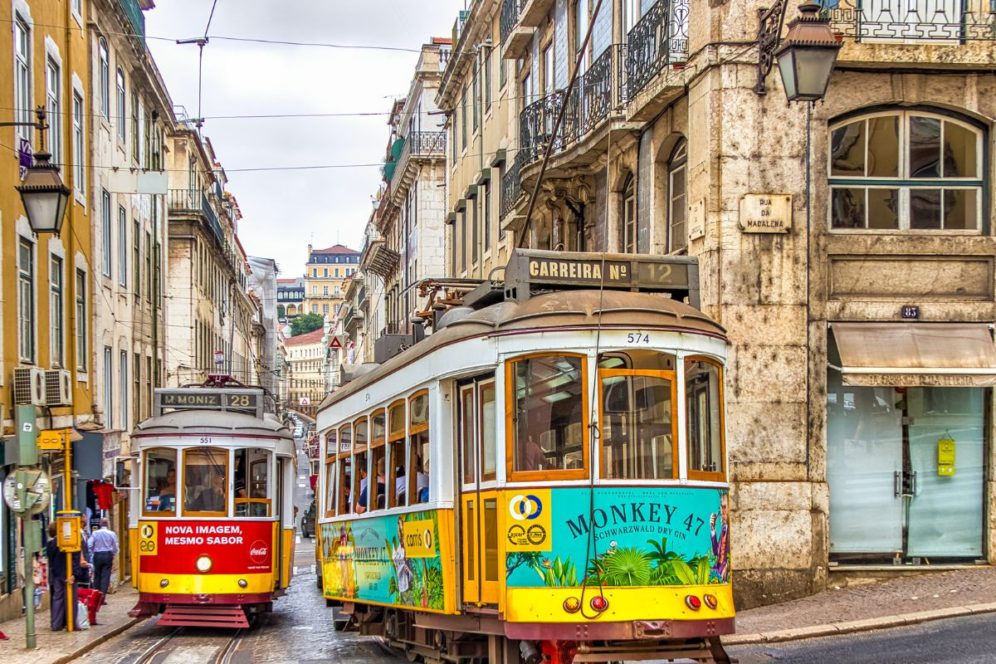
Also, the D2 visa offers a direct route to residency based on your business activities, making it a practical choice for those looking to integrate into Portugal’s business environment.
For digital nomads who are already running their businesses or working remotely from anywhere in the world, the D8 visa is the perfect match. It allows you to enjoy Portugal’s favourable living conditions while maintaining your existing job or freelance career, without the need to engage in the local economy.
If your work is not tied to a specific location, the D8 visa is a straightforward and flexible option to establish a life in Portugal.
Conclusion
The D2 and D8 visas provide two distinct pathways for living in Portugal, catering to entrepreneurs and digital nomads. If your goal is to launch or manage a business in Portugal, the D2 visa is the better option. For those working remotely without the need for a local presence, the D8 visa offers an ideal solution.
Both visas offer a route to permanent residency and, eventually, citizenship. Regardless of the visa, Portugal remains a top destination for high-net-worth individuals due to its attractive living conditions, favourable tax system, and strong expat community.
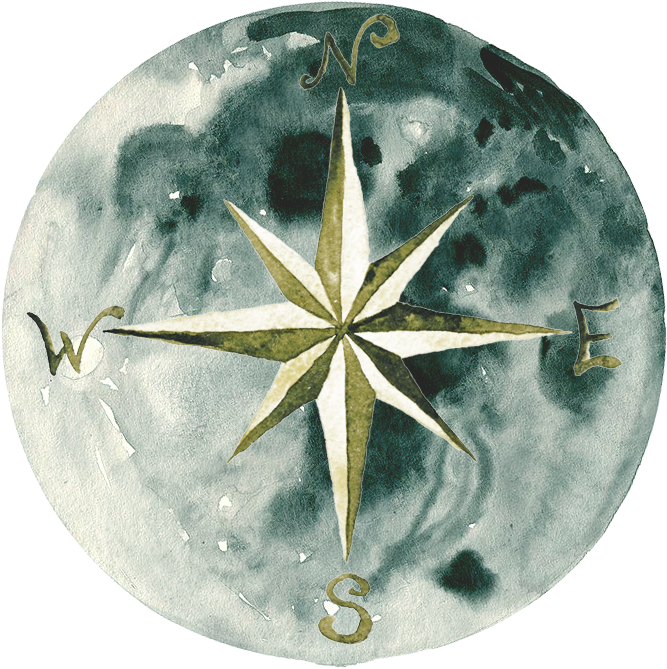
Leave a Reply